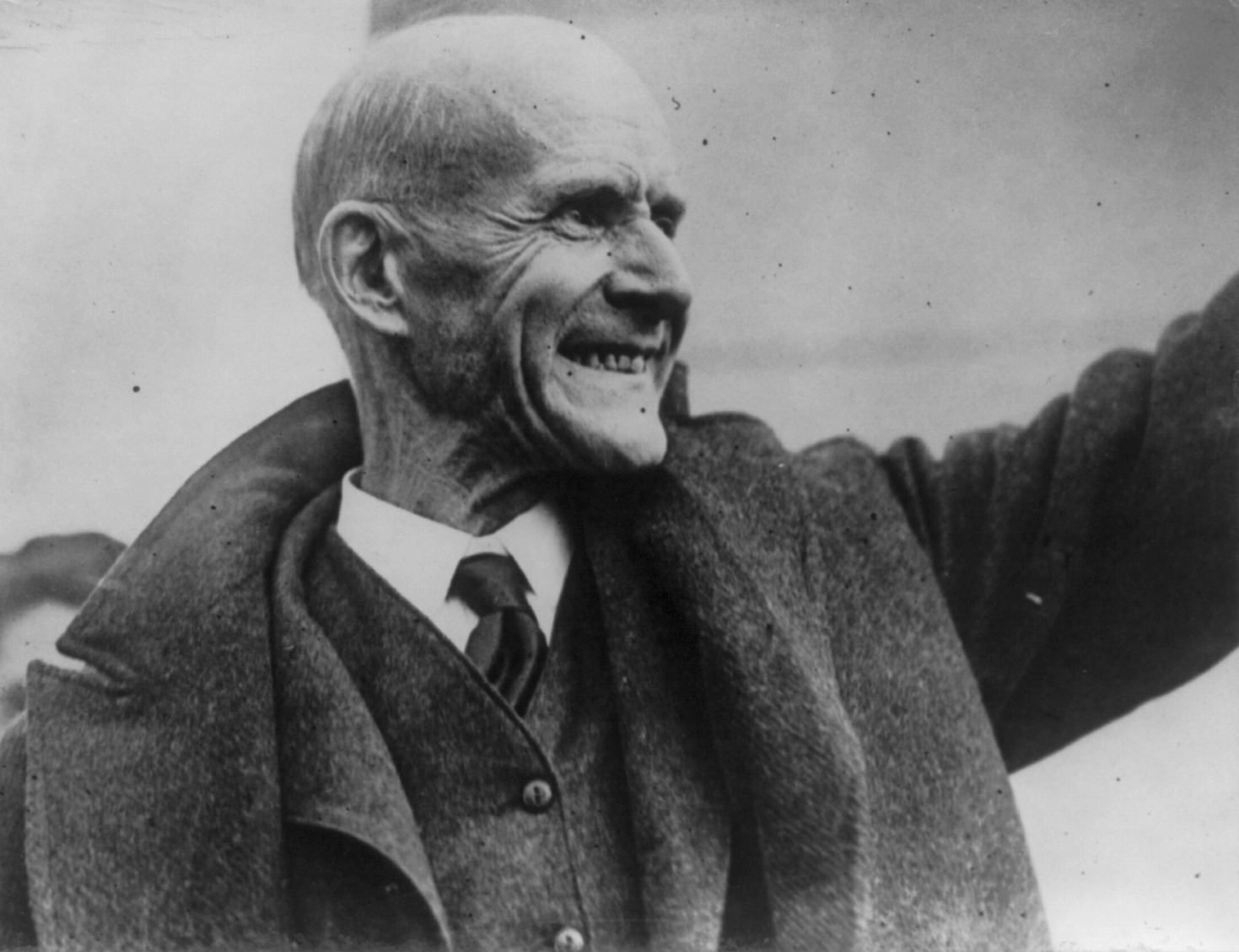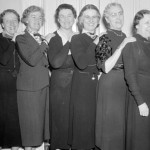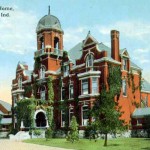One of Terre Haute, Indiana’s most famous and sometimes infamous sons was Eugene V. Debs, born in 1855. In 1894, Debs led a successful strike against the Great Northern Railroad. He emerged from a jail term, served for his role in the Chicago Pullman Strike, as a Socialist and founded the American Socialist Party. He ran for president four times; was jailed for his opposition to World War I; and died in 1926. He is still lauded by unions and labor organizers as a great figure of the American 20th century.
In his young working days, however, Debs took a somewhat more conservative approach to the needs of the working class. As a member of the Brotherhood of Locomotive Firemen, by 1880 he became the national secretary of the group and editor of its magazine. In his early years as editor, Debs espoused rather conventional means for working men to better their lives: stop drinking and behaving like “drunken rowdies”; improve themselves mentally (Debs suggested that local chapters have libraries in their meeting rooms); and behave respectfully toward their bosses (“labor and capital,” wrote Debs, “are brothers.”)
By 1890, Debs was less sanguine about prospects for his fellow laborers. In the pages of the Locomotive Firemen’s Magazine, he demanded: “What is the world doing for the common laborer? Who will answer? He has been left out in the cold.” Debs resigned from the Brotherhood in 1892 and in 1893 founded the American Railway Union, beginning a lifelong crusade that would take him far from his beginnings as a young labor organizer and editor.
Sources: David Shannon, “Eugene V. Debs: Conservative Labor Editor,” Indiana Magazine of History 47 (December 1951); Eugene V. Debs, “The Common Laborer,” Locomotive Firemen’s Magazine, April 1890.
A Moment of Indiana History is a production of WFIU Public Radio in partnership with the Indiana Public Broadcasting Stations. Research support comes from Indiana Magazine of History https://webapp1.dlib.indiana.edu/imh/ published by the Indiana University Department of History.























